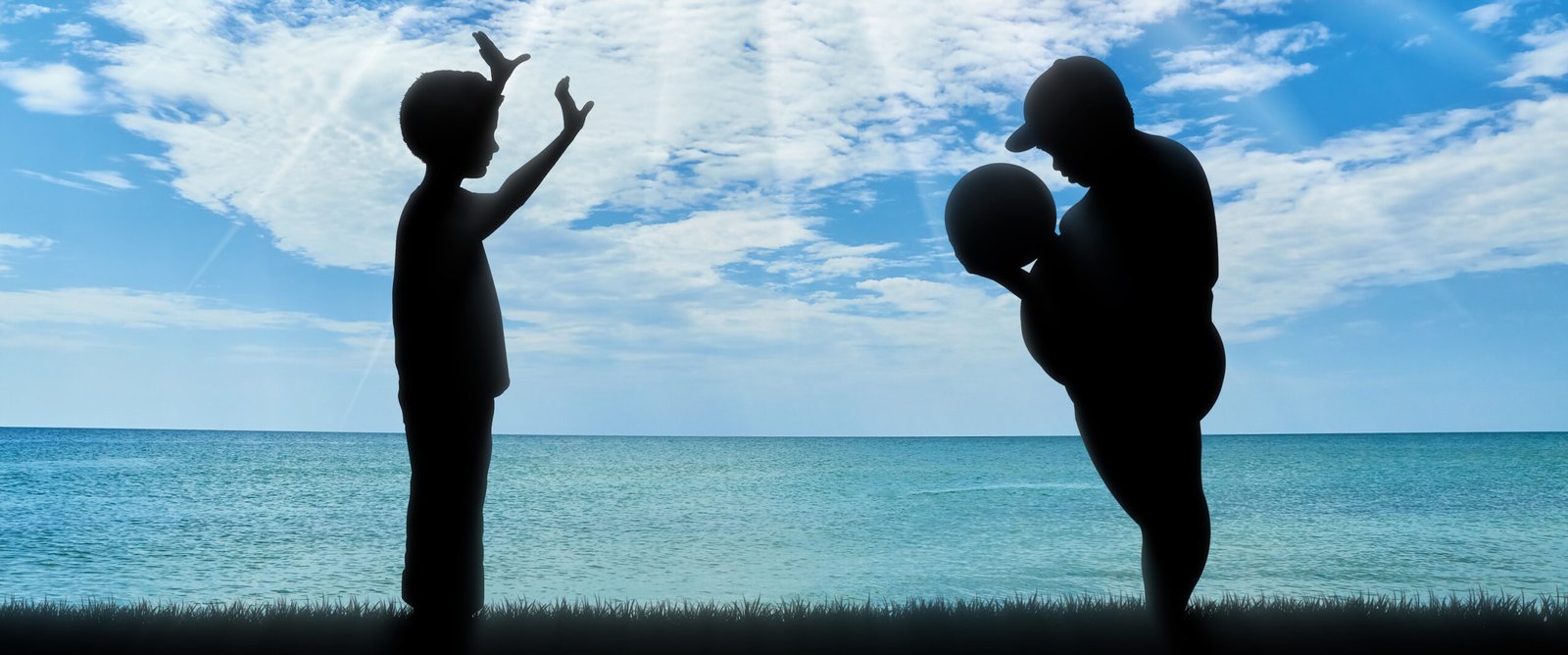SPORT England are the latest organisation to put some numbers to the Covid impact on activity lives by revealing stark statistics on the accelerated levels of drop-out caused by the pandemic.
Sport England’s Active Lives survey encompassed over 170,000 people across England and revealed that 12.5 million adults are now inactive (27.5% of the adult population), which means they take part in less than 30 minutes of exercise each week. The exercise covered in the survey includes walking as part of a wide range of sport activity.
The decline also mirrors pre-Covid trends in having greatest negative impact on children and young people, and girls and women, along with people with disabilities and from backgrounds of poverty, ethnic minority and other inequalities.
Tim Hollingsworth, the chief executive of Sport England, told The Times: “This survey is stark but also unsurprising as it covers a period almost entirely impacted by Covid. Although the overall numbers are down, there are clearly some areas of society that need greater focus.
“Children and young people have been particularly affected by the restrictions of lockdown. Many are reliant on clubs, team sports and local community organisations, as well as sports halls and gyms. When they were shut it inevitably impacted on them and we are really concerned about that group.
“With opportunities for disabled people and ethnically diverse communities, we have to look starkly at the socio-economic factors. There are parts of the country that are less well served and communities that find it harder, and that’s where we have to put our effort disproportionately.”
The Sport England report showed an increase in people taking part in outdoor pursuits such as walking (3.4m people), cycling (1.2m) and fell running on an average fortnightly basis, but 1.4 million people reported dropping out of team sports and 2.9 million missed out on regular swimming due to pool closures. Concerns now surround global reports that as many as 40%-plus of people are reporting having no plans to return to sport despite being allowed to do so, with lack of a facility, loss of motivation and fear of Covid among the reasons.
Hollingsworth added: “One of the things we also need to be very concerned about is people’s wider circumstances and just their lives enabling them to be part of the clubs they were in before – whether that’s economic circumstances, whether that’s health or anxiety. There is real evidence of people just falling out of the habit or not being confident about returning. There is a need for us to overcome the natural response of people to say they can’t fit it into their lives anymore.”
The report also asked people about their mental health, loneliness and anxiety. Those aged under 24 reported the highest rates of loneliness and women suffered a greater impact on their mental well-being compared to men, with the report stating that, as a result, those people are expected to take longer to recover from the pandemic. Conversely, people who have returned to exercise reported improved mental health and feelings of community connection.
In the summer, the OSS surveyed a cross-section of adults in Scotland, aged from 18 to late 80s, and asked how their sport activity and exercise habits had changed since lockdown was first enforced in March, 2020. In total, 47 per cent of the adult (18 years plus) population of Scotland (just over 2 million people) felt that their participation in sport and exercise activity was a lot or a little less than the equivalent period before Covid-19, with men reporting more of a drop than women – though women were still less active overall. Around 32 per cent reported doing about the same as pre-pandemic and just 14 per cent reported doing more activity in the past year, with walking the main area of increase.
The OSS is further studying Covid impact in Scotland with growing concerns among parents, especially, that the health and wellbeing of a generation of children has been significantly affected with many experiencing a near two-year absence from sport activity. With schools shifting to mixed models of learning, with less PE and extra-curricular sport, there are fears that more children and young people have developed new habits of extended sedentary lifestyles and less activity.






Thought Piece from Charlie Raeburn for Reform Scotland